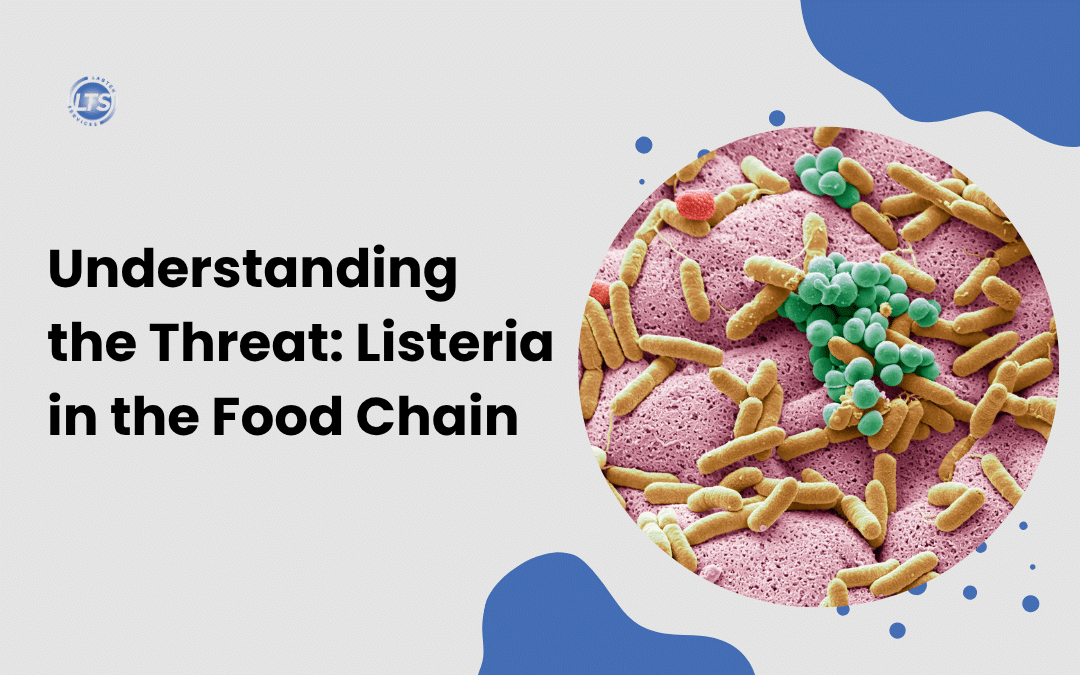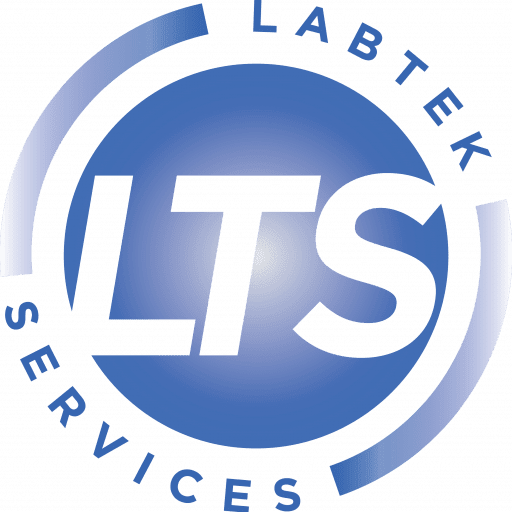
Understanding the Threat: Listeria in the Food Chain
In today’s food-sensitive world, ensuring the safety of your products isn’t just best practice—it’s essential. One of the persistent microbial hazards in the food-production environment is Listeria monocytogenes (commonly just “Listeria”), a bacterium capable of surviving and even thriving in cold, wet, and processing-plant conditions.
Why Listeria is a Concern
Listeria is hardy. It can grow at refrigerated temperatures, making it a major concern for ready-to-eat (RTE) foods, cold-smoked meats, dairy products, and other chilled items.
Even though Listeria infections (listeriosis) are relatively rare compared to some other food-borne illnesses, when they do occur they can be very serious—especially for vulnerable populations (pregnant women, newborns, elderly, immunocompromised).
Regulatory frameworks demand rigorous monitoring. For example, in the EU, Commission Regulation (EC) No 2073/2005 lays down microbiological criteria for foodstuffs including Listeria in RTE foods.
How Listeria Enters and Persists
The bacterium can be introduced and persist in various ways in a food production environment:
Via raw materials (dairy, fish, meat),
Through equipment or surfaces where cleaning is incomplete,
via water or condensation in wet processing areas,
Or through cross‐contamination within cold storage or RTE production zones.
Once established, Listeria can form biofilms and remain resistant to standard cleaning if not properly managed.
Key Control Measures
To control Listeria in your facility:
Implement strict hygiene and sanitation protocols, especially for equipment, drains, floors, and cold-rooms.
Monitor regularly surfaces and finished products for Listeria and related indicators.
Ensure your cleaning regimes reach cold and damp zones that may otherwise be overlooked.
Adopt rapid and reliable microbial detection tools to identify contamination quickly and act before product release.
Introducing the Solution: Microlab Listeria
One of the newer and smarter tools available for on-site detection of Listeria is the Microlab Listeria system. Through collaboration with ZEULAB S.L., this compact device allows food processors to conduct in-house testing without needing a full laboratory setup.
How It Works
The device integrates enrichment, detection, and inactivation all within a single disposable unit. That means fewer handling steps, less risk of contamination, and simpler workflow.
Samples (food or surface swabs) are placed into the unit; the system incubates (typically 48 hours at ~37 °C) then delivers a visual result via an immunochromatographic lateral‐flow assay targeting the antigen p60 of L. monocytogenes.
The test claims a limit of detection defined as “absence in 25 g of sample or 100 cm² of surface” for the target organism.
Because it is sealed and self‐contained, the risk of cross‐contamination or exposure to the operator and the wider production environment is minimised.
Why It’s a Practical Choice
For facilities that may not have full microbiology labs or want quicker internal screening, Microlab Listeria offers major advantages:
Simplified workflow: no complex media preparations, fewer transfers, minimal training required for non‐specialist staff.
Safety: The closed device design helps keep sampling and testing safe even within a production environment.
Speed to result: While not instantaneous, the system reduces the time from sample to check compared to traditional lab outsourcing (and often gives more control).
On-site capability: Enables proactive on‐floor monitoring rather than waiting for external lab results, allowing faster response to potential Listeria presence.
Application Areas
This kind of in-house testing is suitable for:
Ready-to-eat food producers (salads, sandwiches, chilled meals)
Dairy and cheese production
Cold‐smoked fish or meats
Surface hygiene verification in processing plants
Environmental monitoring programmes in the meat, poultry, dairy, and bakery sectors
Why Partner with Labtek Services Ltd for Microlab Listeria
When it comes to implementing Microlab Listeria in your facility, choosing the right supplier and partner is crucial. That’s where Labtek Services Ltd. steps in. A UK-based specialist in analytical solutions, they combine product supply with service and support, making your adoption smoother and more reliable. Visit their site here: https://labtekservices.co.uk/
Expertise & Support You Can Count On
Labtek offers the Microlab Listeria kits (and related product lines) through its online product pages—making ordering straightforward.
They understand food industry requirements: from sample logistics to data handling and regulatory compliance—they provide guidance tailored to your facility.
Their customer-focused approach means you’re not just buying a kit—you’re buying peace of mind. Installation advice, training, and follow-up support are part of the value.
Why This Matters for Your Business
You stay ahead of regulatory and customer demands by being able to monitor Listeria quickly in-house.
You gain greater control over your monitoring regime (instead of outsourcing everything to remote labs).
You benefit from expert guidance on implementing the system—ensuring you make the most of your investment.
You build confidence among your internal QA/HS teams, your customers, and auditors—showing you’re proactive about microbial safety.
Final Thoughts
In a market where food safety is non-negotiable, tools like Microlab Listeria help you move beyond reactive testing toward proactive monitoring. Combined with a trusted partner like Labtek Services Ltd., you get the kit, the know-how, and the support to put it into practice effectively.
If you’re ready to strengthen your on-site Listeria monitoring programme, reduce turnaround times, and streamline your safety workflows, reach out to Labtek Services today. They’ll help you assess how Microlab Listeria fits your operations and ensure you deploy it in a way that complements your quality and safety strategy.
Make Listeria control one less worry—so you can focus on what you do best: producing safe, high-quality food your customers trust.
